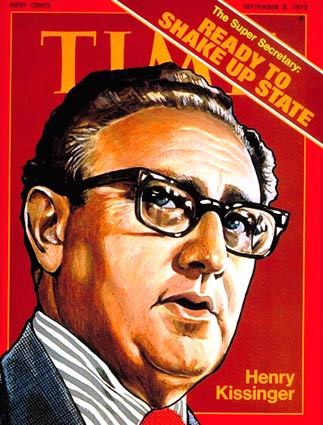Pick up a bee from kindness and learn the limitations of kindness.
In a speech Abraham Lincoln delivered at the height of the Civil War, he referred to the Southerners as fellow human beings who were in error. An elderly lady chastised him for not calling him irreconcilable enemies who must be destroyed. "Why, madam," Lincoln had replied, "do I not destroy my enemies when I make them my friends?"
It is natural to want to employ your friends when you find yourself in times of need. The world is a harsh place, and your friends soften the harshness. Besides, you know them. Why depend on a stranger when you have a friend at hand?
The problem is that you often do not know your friends as well as you imagine.
When you decide to hire a friend, you discover the qualities he or she has kept hidden. It is usually your act of kindness that unbalances everything.
Ingratitude has a long and deep history.
Men are more ready to repay an injury than a benefit, because gratitude is a burden and revenge a pleasure -
Tacitus (one of the greatest Roman historians)
In 1971, during the Vietnam War, Henry Kissinger was the target of an unsuccessful kidnapping attempt. In private, without informing the Secret Service, Kissinger arranged a Saturday-morning meeting with three of the alleged kidnappers. Explaing to them that he would have most American soldiers out of Vietnam by mid-1972, he completely charmed them. They gave him some "Kidnap Kissinger" buttons and one of them remained a friend of his for years! This was not a onetime ploy: Kissinger made a policy of working with those who disagreed with him.
Without enemies, we grow lazy. An enemy at our heels sharpens out wits.
A little story:
In the mid-ninth century, Michael III assumed the throne of the Byzantine Empire. His mother, the Empress Theodora, had been banished to a nunnery, and her lover, Theoctistus, had been murdered; at the head of the conspiracy to depose Theodora and enthrone Michael was Michael's uncle, Bardas.
Michael was a young, inexperienced ruler, surrounded by intriguers. He needed someone he could trust and his thoughts turned to Basilius, his best friend. Basilius, the head of the royal stables, had no experience whatsoever in government.
Basilius learned well and was soon advising the emperor on all matters of state. The only problem seemed to be money - Basilius never had enough. Michael doubled, then tripled his salary, ennobled him, and married him off to his own mistress, Eudoxia Ingerina.
Bardas was now head of the army, and Basilius convinced Michael that the man was hopelessly ambitious. Basilius poured poison into Michael's ear until the emperor agreed to have his uncle murdered. During a great horse race, Basilius closed in on Bardas and stabbed him to death. Soon after, Basilius asked that he replace Bardas. This was granted.
A few years later Michael, in some financial straits, asked Basilius to pay back some of the money he had borrowed over the years.
To Michael's shock, Basilius refused.
A few weeks later, after a night of heavy drinking, Michael awoke to find himself surrounded by soldiers. Basilius watched as they stabbed the emperor to death.
The End
To have a good enemy, choose a friend: He knows where to strike.
- Diane De Poitiers, Mistress of Henri II of France.
Know how to use enemies for your own profit. You must learn to grab a sword not by its blade, which would cut you, but by the handle, which allows you to defend yourself. The wise man profits more from his enemies, that a fool from his friends.



No comments:
Post a Comment